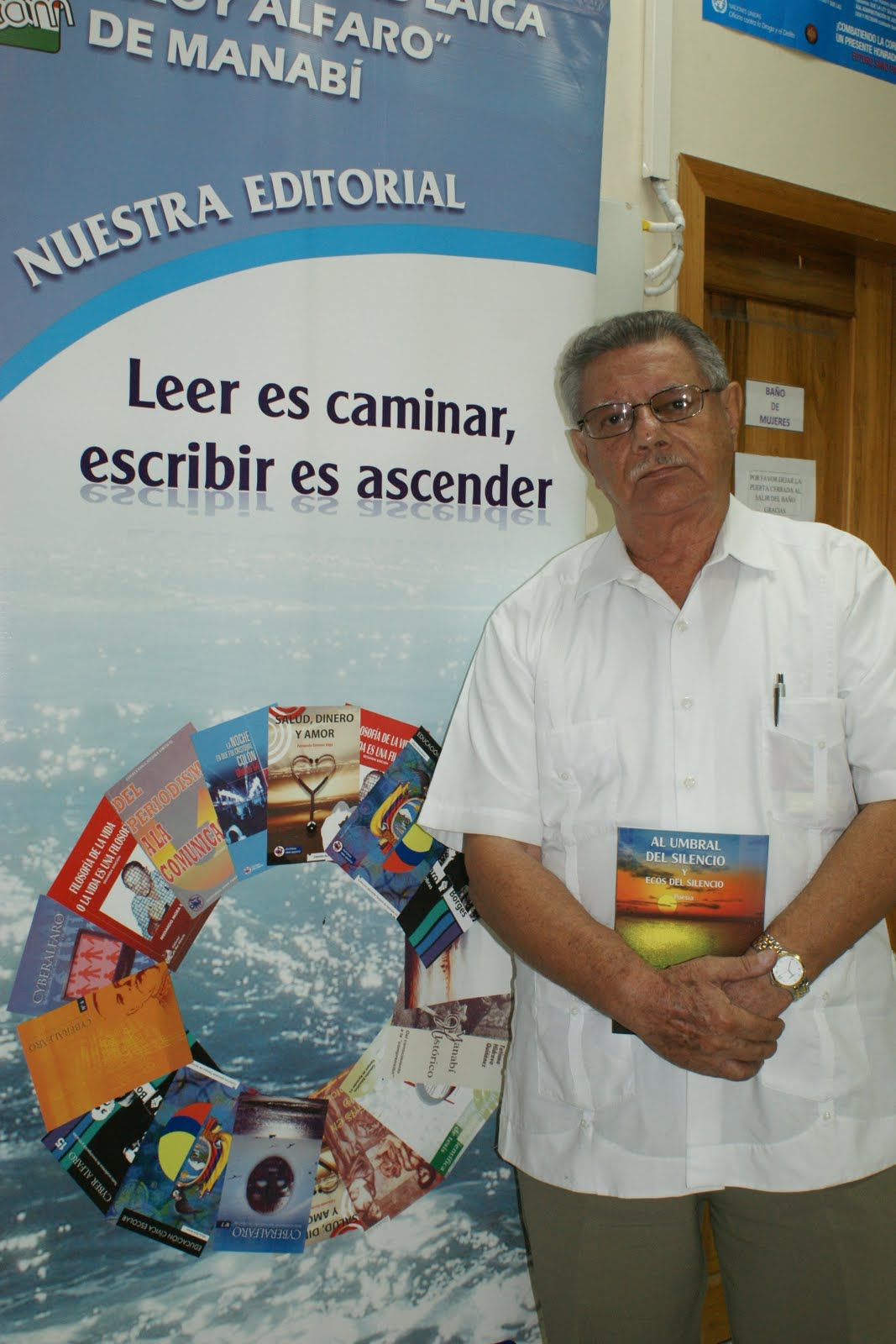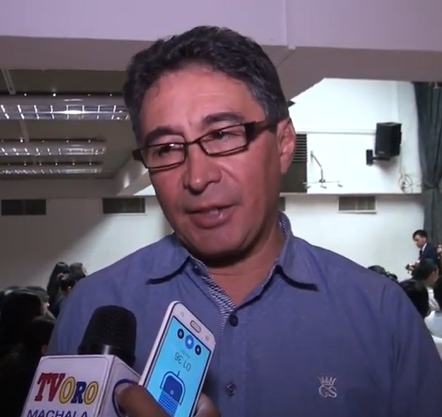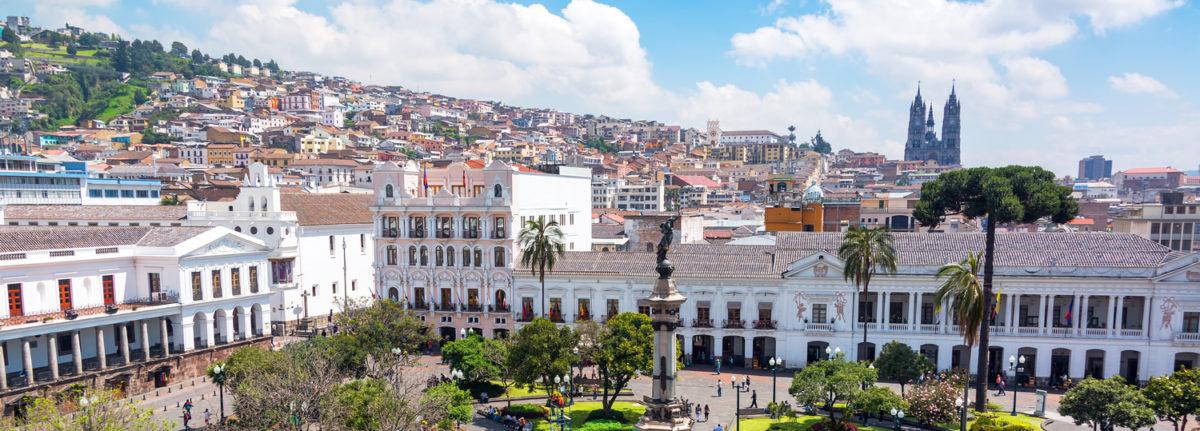Vicente Cuesta Ordóñez (Cuenca) is an Ecuadorian poet, writer, and physician known for his enduring dedication to Manta’s cultural scene. He was an active member of the Grupo Cultural Manta for nearly 50 years. Historian José Elías Sánchez Ramos described him as an “indefatigable writer and poet.” His poetry collections include Al Umbral del Silencio (1999) and Por los rincones del tiempo – Sonetos de una vida (2013). He also authored the historical study Historia de la Medicina en Manta (History of Medicine in Manta).
Author: richard
Seventeen Stab Wounds Ain’t Nothing by Pedro Gil Flores
Translated to English by Richard Gabela on September 17, 2024, from the original work “Diecisiete puñaladas no son nada” by Pedro Gil Flores (1971-2022) of Manta, Ecuador. I have translated the title of the poem as “Seventeen Stab Wounds Ain’t Nothing.”
Continue reading “Seventeen Stab Wounds Ain’t Nothing by Pedro Gil Flores”Ramiro Dávila Grijalva
Ramiro Dávila Grijalva (Quito, 1945) is an Ecuadorian poet and playwright known for his literary works that explore cultural and historical themes. He is the author of El Canto de las Sirenas (1982), a notable collection of poetry, and the play Tragedia de la Prisión y Muerte de Atahualpa (1988), which dramatizes the tragic fate of the Inca ruler Atahualpa. His other works include the play Leonor Yupangui, Esther de las Indias (2018), which is inspired by indigenous legends and history, as well as other plays like El Cóndor Enamorado and La Leyenda del Tío Lobo y el Sobrino Conejo. His poetry collections also include Historia de un Jilguero and Jugar Rayuela, Mi Voz y Otros Delirios (2007). Dávila Grijalva’s contributions have been recognized and preserved in various Ecuadorian libraries and cultural institutions.
Continue reading “Ramiro Dávila Grijalva”Iván Petroff Rojas
Iván Petroff Rojas (Cuenca, 1956) is an Ecuadorian writer, poet, and educator known for his contributions to contemporary literature. A prominent figure in the “new Cuenca literature” movement of the 1980s, he has published a diverse body of work that includes poetry, short stories, and essays. His writings often explore themes such as mythology, magic, and music, with a focus on the depth of human experience. Notable works like En las formas del amor y la guerra (1989) and Fuego cruzado (2020) showcase his ability to blend cultural and social commentary with narrative art. Petroff Rojas has also been influential in the cultural scene of Cuenca, serving as the president of the Casa de la Cultura Núcleo del Azuay and teaching at the University of Cuenca. His dedication to literature and culture has made him a significant voice in Ecuadorian arts and letters.
Continue reading “Iván Petroff Rojas”The Chulla Romero y Flores by Jorge Icaza
A novel by Jorge Icaza (1906-1978). Translated by Richard Gabela
Continue reading “The Chulla Romero y Flores by Jorge Icaza”Protest by Zaida Letty Castillo
Translated to English by Richard Gabela on April 8, 2024, from the original work “Protesta” by Zaida Letty Castillo de Saavedra (1890-1977) of Guayaquil, Ecuador. I have translated the title of the poem as “Protest.”
Continue reading “Protest by Zaida Letty Castillo”Night of Sorrow in the Mountains by Numa Pompilio Llona
Translated to English by Richard Gabela on April 20, 2024, from the original work “Noche de dolor en las montañas” by Numa Pompilio Llona (1832-1907) of Guayaquil, Ecuador. I have translated the title of the poem as “Night of Sorrow in the Mountains.”
Continue reading “Night of Sorrow in the Mountains by Numa Pompilio Llona”My Soul on My Lips by Medardo Ángel Silva
Translated to English by Richard Gabela on April 20, 2024, from the original work “El alma en los labios” by Medardo Ángel Silva (1898-1919) of Guayaquil, Ecuador. I have translated the title of the poem as “My Soul on My Lips.”
Continue reading “My Soul on My Lips by Medardo Ángel Silva”Juantodonada by Waldo Calle Calle
Translated to English by Richard Gabela on April 18, 2024, from the original work “Juantodonada” by Waldo Calle Calle (1951) of Cojitambo, Ecuador. The title ‘Juantodonada’ uniquely combines ‘Juan’ (John), ‘todo’ (everything), and ‘nada’ (nothing), reflecting a common practice in Spanish-speaking countries to create descriptive nicknames. This title encapsulates the themes of the poem—’John, who is everything and nothing’—and has been preserved to maintain its profound cultural significance.
Continue reading “Juantodonada by Waldo Calle Calle”Guayaquil of My Loves by Lauro Dávila Echeverría
Translated to English by Richard Gabela on April 17, 2024, from the original work “Guayaquil de mis amores” by Lauro Dávila Echeverría (1885-1968) of Pasaje, El Oro, Ecuador. I have translated the title of the lyrics as “Guayaquil of My Loves.”
Continue reading “Guayaquil of My Loves by Lauro Dávila Echeverría”Bronze Bells by Rafael Larrea Insuasti
Translated to English by Richard Gabela on April 16, 2024, from the original work “Campanas de bronce” by Rafael Larrea Insuasti (1942-1995) of Quito, Ecuador. I have translated the title of the poem as “Bronze Bells.”
Continue reading “Bronze Bells by Rafael Larrea Insuasti”Absence by José Alfredo Llerena
Translated to English by Richard Gabela on April 15, 2024, from the original work “Ausencia” by José Alfredo Llerena (1912-1977) of Guayaquil, Ecuador. I have translated the title of the poem as “Absence.”
Continue reading “Absence by José Alfredo Llerena”In The Cemetery by Juan Eusebio Molestina
Translated to English by Richard Gabela on April 15, 2024, from the original work “En el cementerio” by Juan Eusebio Molestina (1850-Unknown) of Guayaquil, Ecuador. I have translated the title of the poem as “In The Cemetery.”
Continue reading “In The Cemetery by Juan Eusebio Molestina”Ode to Death by Enrique Segovia
Translated to English by Richard Gabela on April 15, 2024, from the original work “Canto a la muerte” by Enrique Segovia (1901-1967) of Guayaquil, Ecuador. I have translated the title of the poem as “Ode to Death.”
Continue reading “Ode to Death by Enrique Segovia”Elegy of Ronda Street by Jorge Reyes
Translated to English by Richard Gabela on April 14, 2024, from the original work ‘Elegía de la Calle de la Ronda’ by Jorge Reyes (1905-1977) of Quito, Ecuador. I have translated the title of the poem as ‘Elegy of Ronda Street.
Continue reading “Elegy of Ronda Street by Jorge Reyes”


